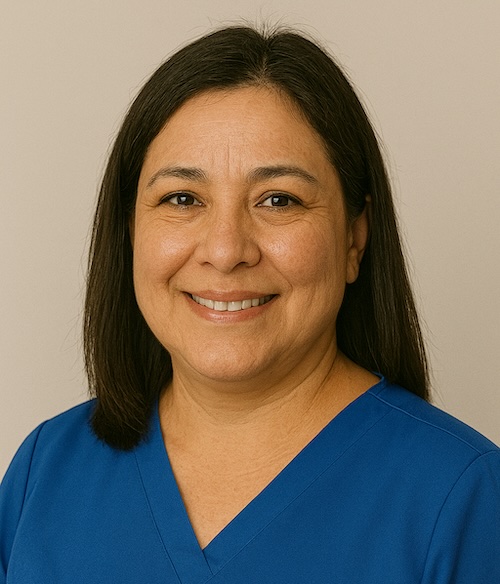

Maria Delgado, RN
June 24, 2025
District of Columbia CNA programs prepare students for hands-on, entry-level roles in healthcare settings from major hospitals in the nation’s capital to neighborhood clinics and long-term care facilities. These state-approved training programs, offered by community colleges, vocational schools, and healthcare organizations, combine classroom instruction with supervised clinical practice to ready graduates for the DC Nurse Aide Competency Examination. Upon passing that exam, certified nurse assistants (CNAs) can work under the direction of nursing staff to deliver essential patient care.
Washington, DC - Private 4-year - www2.trinitydc.edu
Campus Based - Visit Website
Trinity Washington University's Certified Nursing Assistant program in Washington DC provides a 6-credit pathway combining college-level education with professional certification. It features evening and weekend classes, hands-on clinical rotations, and preparation for the national certification exam, including a CASAS Reading exam requirement. This program supports immediate entry into healthcare roles and offers a foundation for advancing to nursing degrees, with a supportive environment and urban healthcare connections.

While the DC Board of Nursing requires in-person skills training and clinical practice, many programs offer the theory portion online through asynchronous modules and live virtual lectures. This hybrid approach lets students review core concepts remotely before attending on-campus or in-facility sessions for hands-on labs and patient-care rotations. A few providers even schedule clinical shifts at local partner facilities close to students’ homes.
| School Name | Highlights | Retention & Grad Rates |
|---|---|---|
| Trinity Washington University |
|
|
| Eligibility Prerequisites | Be at least 18, provide proof of completing a DC‑approved nurse aide training program within the past 24 months, clear fingerprint‑based criminal background checks, and meet health/immunization requirements |
|---|---|
| Certifying Board | DC Department of Health – Nurse Aide Registry |
| Training Program Requirements | Complete a Board‑approved curriculum combining classroom instruction, skills lab, and supervised clinical practice as defined by DCMR Title 17, Chapter 96 |
| Exam and Application Fees | No DC application fee, exam and retest fees are paid directly to the testing vendor (Credentia) |
| Certification Exam | Pass both the written (or oral) NNAAP exam and the five‑skill practical evaluation within a two‑year eligibility period |
| Registry Activation Time | Registry updated within two business days after the vendor reports passing results |
| Renewal Requirements | Every two years, complete 24 hours of in‑service training (including required cultural competency and public health topics) and perform at least eight hours of paid nurse‑aide work in the prior 24 months |
| License by Endorsement | Active, unencumbered out‑of‑state CNAs apply via reciprocity by submitting verification of certification and work history, no retesting required |
CNAs in the DC area earn about $22.50 per hour on average, roughly $46,800 annually for full-time work, reflecting higher metropolitan wages compared to the national median of around $39,500. Entry-level CNAs often start near $18 per hour, while those with specialized experience (e.g., in ICU or pediatrics) can earn $25 per hour or more.
| Salary & Career Outlook | District of Columbia | USA |
|---|---|---|
| Avg Annual CNA Salary | $41,520 | $62,340 |
| Avg Hourly Wage | $20.00 | $29.97 |
| 90th Percentile Salary | >$49,888 | $80,510 |
| Median Salary | $38,496 | $62,340 |
| 10th Percentile Salary | <$34,509 | $47,960 |
| Projected Job Growth (2022–2032) | ~8% | 3% |
| Annual Job Openings | ~446+ postings | ~54,000 |
Data from Salary.com and Bureau of Labor Statistics (BLS)

| School Name | Highlights | Annual Estimated Tuition & Fees |
|---|---|---|
| Trinity Washington University |
|
|
After gaining experience, many CNAs pursue LPN or RN education, often through bridge programs that recognize CNA clinical hours, advancing to roles with greater responsibility and pay. Others earn specialty certifications (e.g., Geriatric Aide, IV Technician) to qualify for higher wages or move into supervisory positions. Long-term career growth can include management, education, or transition to allied health roles such as phlebotomy or medical assisting.
Additional Nursing Programs in District of Columbia
Campus Based - Website